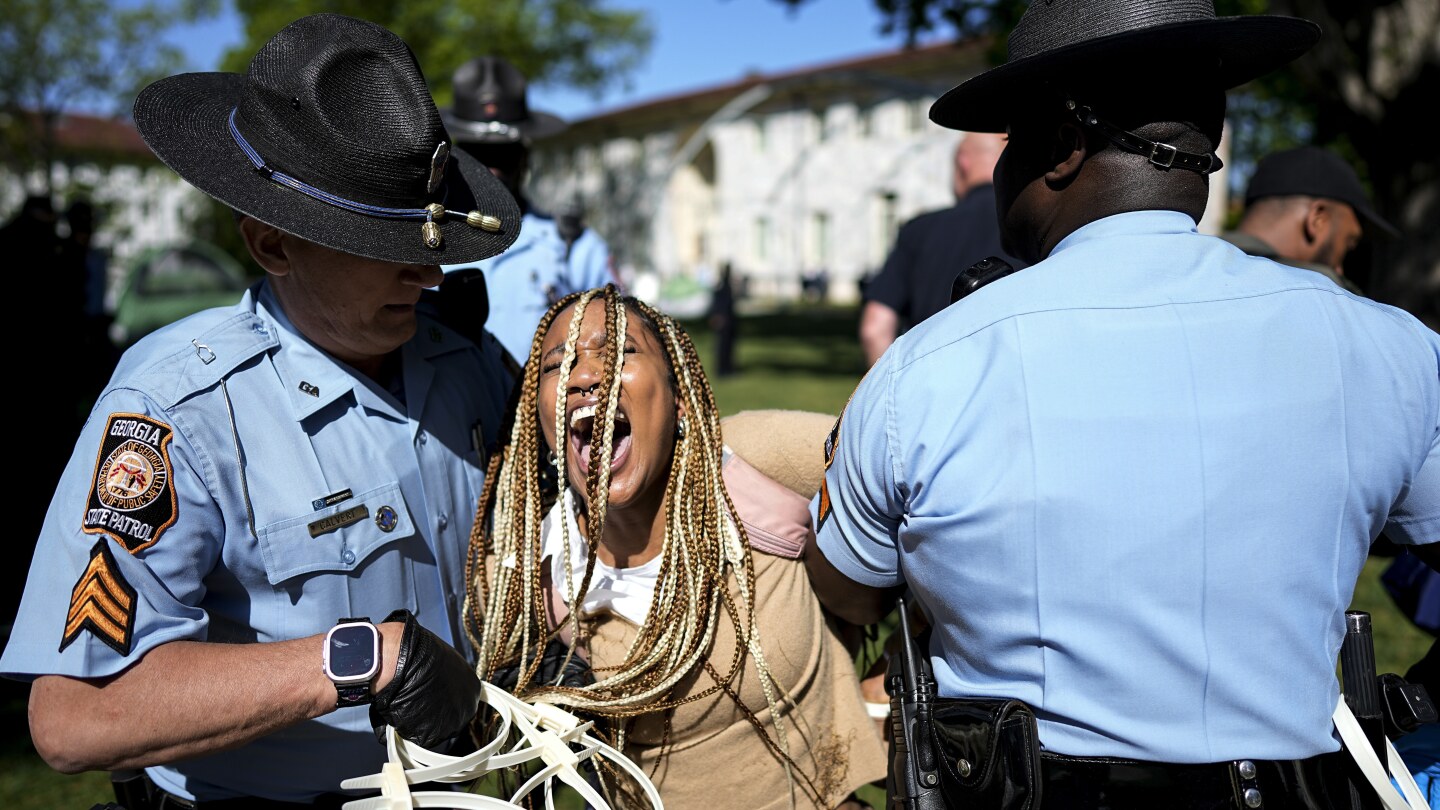Maryam Alwan figured the worst was over after New York City police in riot gear arrested her and other protesters on the Columbia University campus, loaded them onto buses and held them in custody for hours.
But the next evening, the college junior received an email from the university. Alwan and other students were being suspended after their arrests at the “ Gaza Solidarity Encampment,” a tactic colleges across the country have deployed to calm growing campus protests against the Israel-Hamas war.
The students’ plight has become a central part of protests, with students and a growing number of faculty demanding their amnesty. At issue is whether universities and law enforcement will clear the charges and withhold other consequences, or whether the suspensions and legal records will follow students into their adult lives.



deleted by creator
Weird. I protested on my campus in college and I wasn’t arrested or suspended.
It’s almost like there’s a constitutional right to do so?
Yes, but most didn’t have consequences and managed to effect change. Even if it wasn’t as much change as they wanted.
It looks like they are trying to use heavy handed tactics and fear, as well as self interest to quell the action. Its unlikely to work well as most are doing so selflessly.
In fact it may embolden others rather than scare them off, or increase from a peaceful protest to having masks for anonymity etc.
Yes, many suffered repercussions for Vietnam era protests bit they wear it with a badge of pride now and conscription is done politically. Mental health of personnel. Is also considered more, RHA is to protests and sympathy.